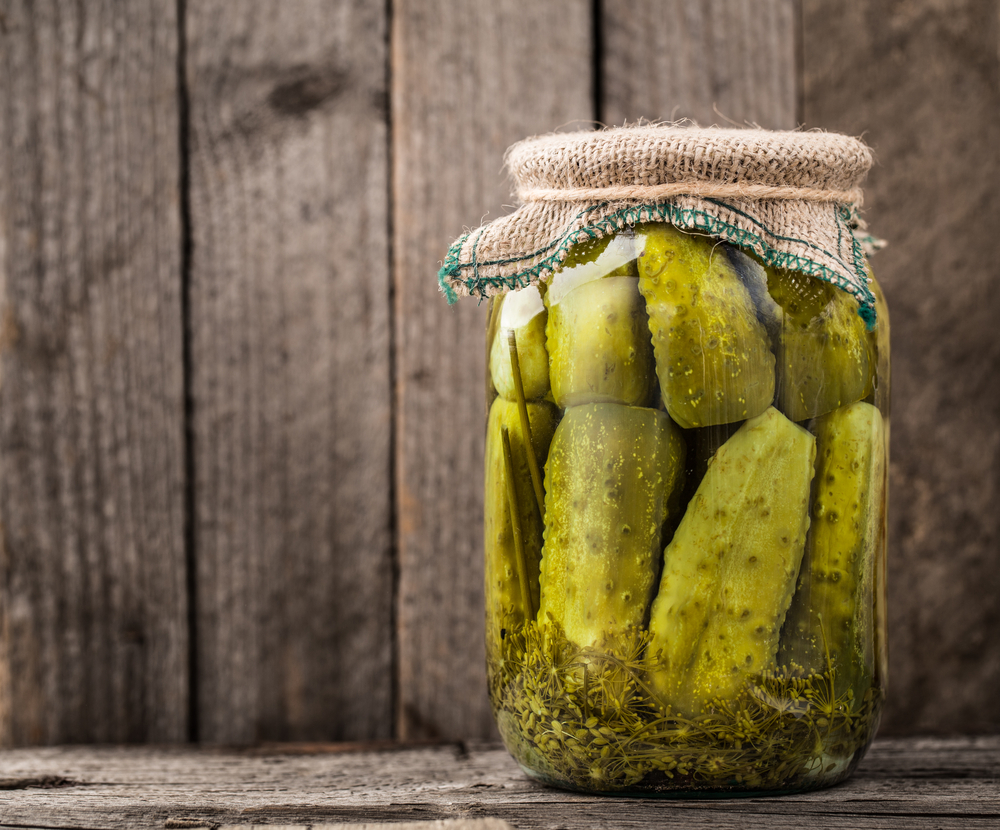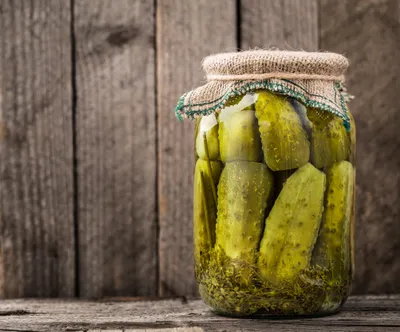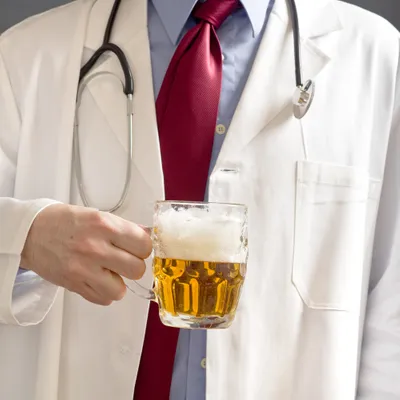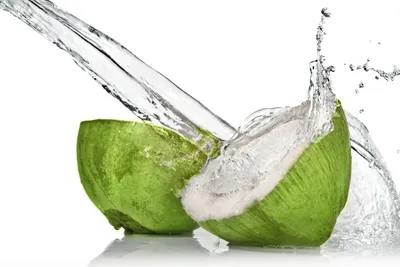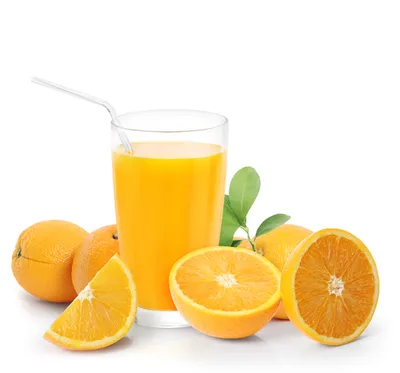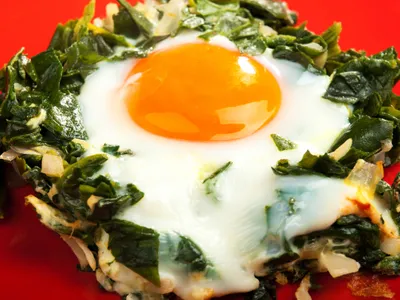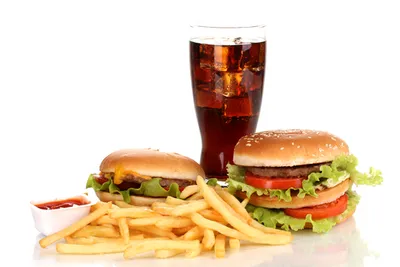Let’s re-examine last night. You had a little too much to drink at a friend’s birthday, bachelorette party, or while watching the game with the boys. Now your body is paying the price—punishing you with a throbbing headache, queasy tummy, and even vomiting.
According to a 2004 article in the New York Times, hangovers, and what cures em’, are still a relative mystery in the medical world. Other than drinking plenty of fluids, science tells us that certain foods not only prevent a hangover—but can also remedy the symptoms the following day. However, the opposite can also be true with nasty reaction between booze and certain foods. So what can you really do to cure that hangover?
1. Hangover Myth: Coffee
It’s almost second nature to wake up after a night of drinking and pour a large mug of coffee followed by a few Advil for that headache. However, a group of scientists from Thomas Jefferson University, in Philadelphia say hold the cup of Joe.
The study monitored the affects of drunken lab rats who were administered a mixture of over-the-counter ibuprofen (or aspirin or Advil) and caffeine to cure a hangover. Findings speculate that the diuretic affects of the coffee just dehydrate the body even further leading to a more severe headache.
2. Hangover Truth: Pickle Juice
So my father is a little on the eccentric side. So when he told me as a teenager to drink pickle juice to cure a hangover, I just excused it as one of dad’s strange, but funny remedies.
Well, the New York Food Museum swears by this hangover cure! They recommend sipping 2-ounces the night before a party, and another 2-ounces the following day to replenish electrolytes and fluid levels. Pickle juice contains salt, water, and vinegar which rebalances water and sodium stores.
3. Hangover Myth: Hair of the Dog
Hair of the dog, or drinking more alcohol the day after a night a drinking, will not cure a hangover. In fact, internists from the American College of Physician’s claim, “…the worst thing to do is to have another drink”!
Alcohol is toxic, which is what causes the headache, sluggishness, and nausea of a hangover. And while drinking more booze can temporarily reduce those symptoms—it will prolong your recovery and just lead to a more severe hangover when you stop drinking.
4. Hangover Truth: Sports Drinks
Chugging a sports drink, or beverage that contains electrolytes (i.e., Gatorade) after a night of drinking can help you wake up the next morning with almost zero hangover. These beverages work to rehydrate the body and restore electrolytes levels.
According to nutrition experts at the Harvard School of Public Health, coconut water contains 5 different types of electrolytes—where most sports drinks only contain a few. Electrolytes work to counteract the effects of severe dehydration that comes with being hungover.
5. Hangover Myth: Orange Juice
While you might reach for a tall glass of OJ to cure your hangover—think again! The high acid in citrus fruits (i.e., orange and grapefruit) can add even more distress to your turbulent tummy.
However, fresh fruit juices like cranberry juice can be a hangover ally. Sip lots of juice, herbal tea, and water to infuse the body with fructose, vitamins, and water.
6. Hangover Truth: Eggs
An egg-laden breakfast always seems to banish the achiness of a hangover. Research from the University of Maryland Medical Center credits two types of amino acids—taurine and cysteine.
The cysteine in your eggs will work to prevent a throbbing headache by interrupting the production of acetaldehyde (a pain-causing chemical). You can also crack a few eggs for an infusion of taurine, a chemical that protects the liver and speeds liver detox.
7. Hangover Myth: Greasy Food
A greasy spoon brunch following a night of drinking is a college tradition. However, scientists from the Canadian Medical Association (CMA) say it’s far from an educated decision.
CMA research finds that while eating a fatty meal pre-drinking can reduce the rate that alcohol is absorbed—eating a grease-filled meal will cause greater stomach irritation and worsen those hangover symptoms.
